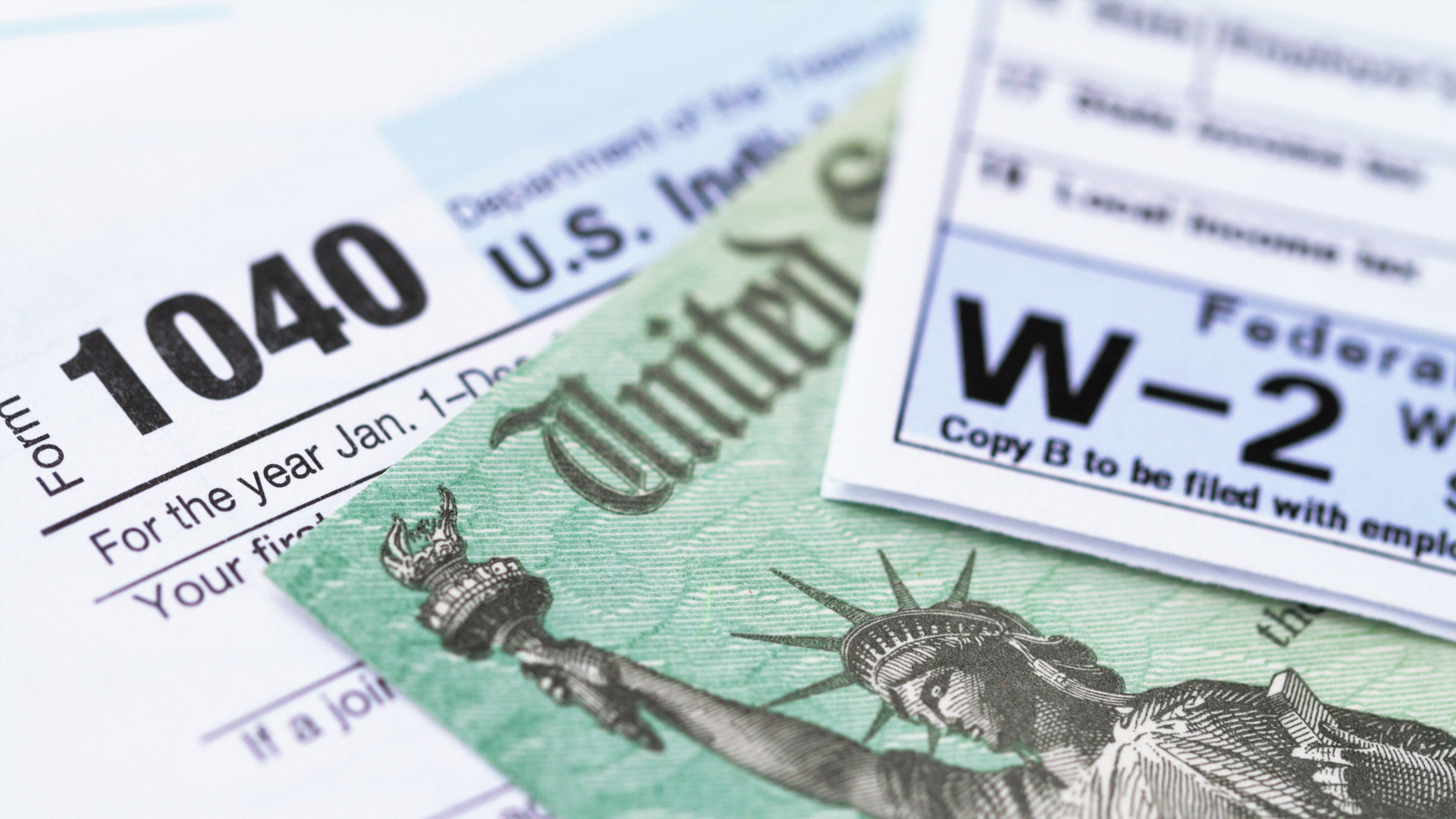In a food truck business, there are a few federal and local tax rules that you must adhere to. The slightest misstep can result in fines and fees and significantly affect your business profit margins. Therefore, having a few food truck tax tips up your sleeves can save you from these unnecessary setbacks. The following are food truck tax tips to help you comply with local and federal tax requirements and maximize your profits.
Mark Your Tax Deadlines and Requirements on a Calendar
When dealing with a huge workload, you can easily forget to fulfill your unique business obligation. Therefore, the best way to avoid this scenario is to mark your tax deadlines and their requirements on your calendar. This can help you meet specific tax deadlines like the Internal Revenue Service (IRS) federal deadline, usually on April 15.
Avoid Overcompensating Employees To Reduce Tax Savings
Compensate your employees if you intend to employ a tax deduction on their pay and benefits. However, limit this to their specific work in your food truck business. Otherwise, the IRS agent reviewing your tax may regard this as overcompensation and fail to pay or reduce the few significant deductions you can get for your business.
Consult With a Tax Professional
Previously, hiring a dedicated expert to handle business finances was viewed as a privilege reserved for large companies. However, with the advancement of technology, outsourcing a bookkeeper or a certified public accountant expert is easier and more affordable. A competent financial team can provide crucial business insight on food truck taxes while allowing you to spend more time serving your customers.
Get an Employer Identification Number From the IRS
If you have employees or plan to hire some, you may need an Employer Identification Number from the IRS. This ensures that you comply with IRS requirements and helps you establish a payroll system immediately after hiring your first employee.
Track Your Income and Expenses
Detailed income and expense records can help you file your tax returns and claim your deduction. This includes your sales, food costs, equipment purchases, and other expenditures. There are easy-to-use accounting software or spreadsheets to keep track of records without an accounting background.
Identify Your Deductible Expenses
Every small business is eligible for tax deductibles. Food truck deductible expenses include food costs, fuel expenses, repairs, permits, licenses, equipment purchases, insurance premiums, and employee wages. Your tax professional can help you identify and take advantage of these deductibles.
Build Your Dream Truck With Legion Food Trucks
Running a food truck business is straightforward, but it has hidden costs and fees that don’t surface when establishing this business. Therefore, knowing how to save on your food truck taxes can help you avoid any costs and fees that result from failing to comply with tax regulations.
At Legion Food Trucks, we can help you learn more about food truck tax, ensure you comply with their requirements, and even save on your expenses. Contact us to get started.


